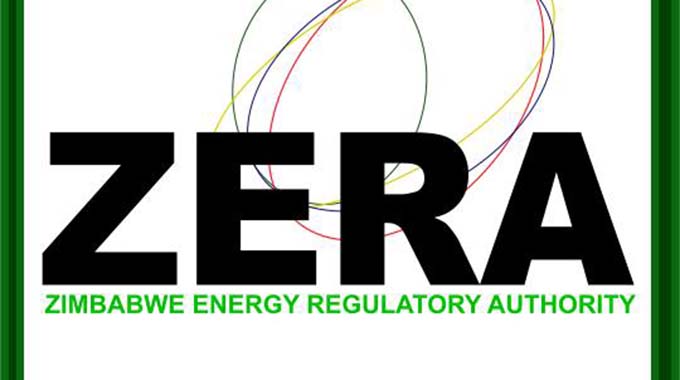Call to invest in sugar, ethanol industry

Ellen Chasokela Herald Reporter
Government has called on potential investors to prioritise the sugar and ethanol production value chain.
Officiating at a sugar and ethanol indaba in Harare on Wednesday, Lands, Agriculture, Water, Climate and Rural Resettlement Deputy Minister Vangelis Haritatos said investment in sugar and ethanol production will bring a lot of benefits to the country.
“In line with the President’s call for a Zimbabwe that is open for business, it is my wish to call upon local, regional and international investors to invest along the sugar and ethanol production value chain,” he said.
“Sugarcane is an important crop in Zimbabwe. It is used to produce sugar, ethanol and other products such as molasses and for electricity generation. Other benefits include job creation, foreign currency retention, environmental protection, promotion of agriculture and reduction of our petrol prices. Our goal as a ministry is to look at the productive efficiency of our farmers, poverty reduction, sustainable and environmentally friendly economic growth and with an end goal of creating a Zimbabwe that is food and nutrition-secure and self-sufficient.’’
Deputy Minister Haritatos said issues affecting the agricultural sector presented opportunities for the sugar and ethanol industry.
“Non-renewable energy is very costly, and it is negatively affecting the viability of the agriculture sector and domestic industry, and that indeed (presents) an opportunity for the sugar and ethanol industry,” he said.
“It is, therefore, critical to support and promote investment in these low-cost energy renewable sources. There has been a drop in the production of sugarcane because of socio-economic factors such as arguments over utilisation of water resources and land fragmentation, leading to some areas not being planted.
“There are also difficulties in transporting the sugarcane to the processing plant since there has been resettling of small-scale farmers, most of them do not have access to the transport.
“The sector faces challenges relating to low production and productivity, limited number of markets, access to already existing markets and finance, among others. As a result, agricultural investment has greatly declined, negatively affecting agricultural productivity and overall production.
“We have a deficit of about 33 000 tractors, 500 combine harvesters and 10 000 planters.
“We also have a serious deficit in irrigation, we have a potential of two million hectares under irrigation in Zimbabwe, but sadly we only utilise about 10 percent of that.
“We have the land, climate, water bodies and, most importantly, we have the unity capital in Zimbabwe, but we still continue to import food.”










Comments